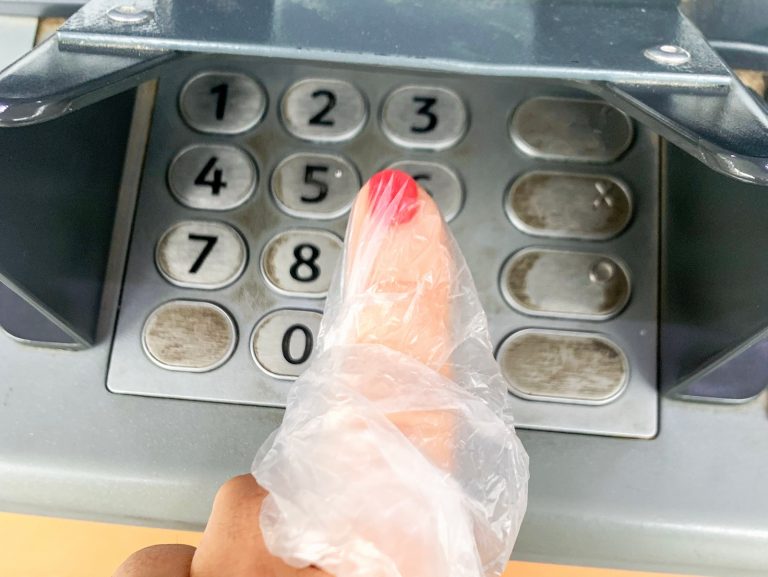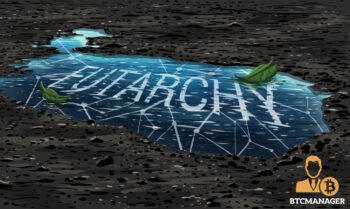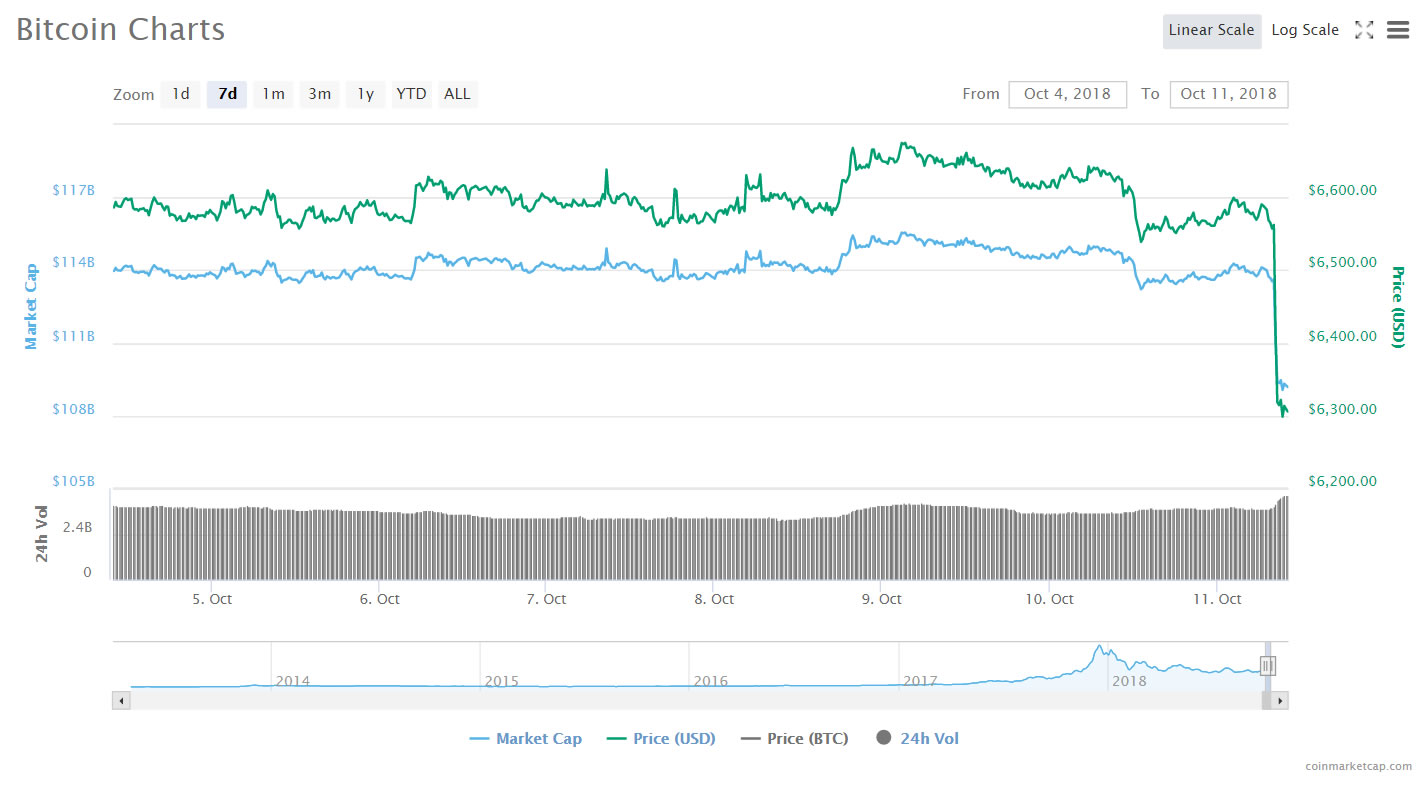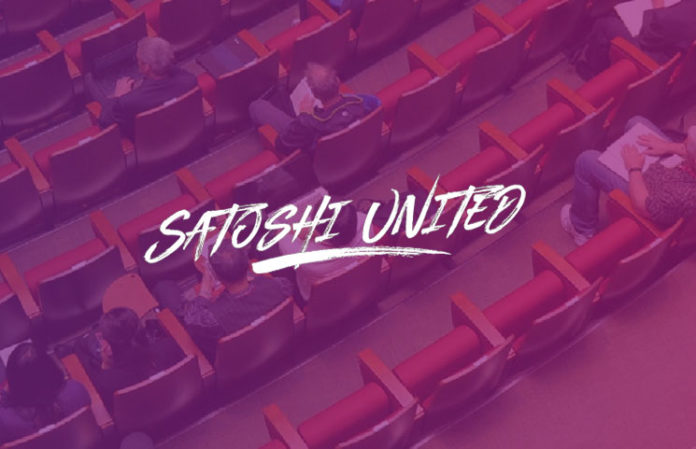2018-10-12 23:40 |
As blockchain and digital asset adoption around the world accelerates, so too has the conversation on how they should be treated by regulators. This critical topic was a major focus on stage at this year’s Swell by Ripple conference.
The “Crypto Regulation Around the World” session featured four regulators and policy makers: Richard Teng of Abu Dhabi Global Market; Anchari Suppiroj of Thailand’s Security and Exchange Commision; Ross Leckow, the deputy general counsel of the International Monetary Fund (IMF); and Michael S. Didiuk, the former attorney for the Securities and Exchange Commission (SEC) Office of Compliance Inspections and Examinations. The panel of speakers was moderated by Ben Lawsky, a Ripple board member and former regulator for the State of New York.
Thailand and Abu Dhabi leading from the front
Thailand and Abu Dhabi are two of the first countries offering comprehensive frameworks for the regulation of digital assets. While each country’s regulatory approach is different, both Teng and Suppiroj pointed out that governments working closely with industry is crucial. Suppiroj underscored that regulators should maintain a close relationship with industry, keeping “an open mindset” and “fine tuning along the way.” Teng agreed and believed that other regulators around the world were also adopting this approach.
“If you look a year ago, I think most global regulators had the view that this asset class might go away,” said Teng. “In the last three to six months, I’d say there’s been a drastic shift in sentiment: they’re going to stay. Let’s look at the right regulation for [digital assets], and how do we approach it in the right direction.”
Teng went on to express that Abu Dhabi was in a unique position because of its ability to create and employ new rules faster than most countries. By contrast, many countries have legacy regulatory regimes within which digital assets do not fit squarely. He also stressed the importance for global regulators to understand digital assets better and to not “imagine the worst,” instead he urged understanding of how to “balance the benefits.”
Embracing tech and enforcing rules in the U.S.
Michael S. Didiuk, formerly of the U.S. SEC, said the agency like it’s Thai and Abu Dhabi counterparts was “embracing the technology.” He believes the SEC’s goal is to really understand the risks and benefits associated with digital assets. Didiuk however, believes that enforcement would be a key priority for the SEC in the future.
“In the short- to medium-term, I think you’re going to see a lot of focus on enforcement,” Diduk said to the panel. He suggested that the SEC foreshadowed its enforcement on tokens in a recent U.S. legal ruling.
Finding a global consensus with the IMF at helm
While the actions of regulators in the U.S. is closely watched by the entire industry, Ross Leckow of the IMF stressed the importance of a more global perspective. He applauded Thailand and Abu Dhabi’s regulatory stances as positive examples set for others around the world.
Leckow also outlined a stance the IMF has put forward to help global regulators navigate digital assets. He stated that it was first necessary to shift from “traditional reliance on entity-based regulation” to “a bigger focus on activity-based regulation.” Again echoing Teng and Suppiroj, he stressed the importance of governments working closely with industry to create “regulatory sandboxes” and learn from new technology.
Leckow continued that it was necessary to incorporate “proportionality” to “address the risks,” and to do so “without stifling innovation.” He said this also included incorporating potential changes to traditional legal frameworks to fully address the risks and benefits of digital assets. The last component Leckow highlighted was that IMF believes international cooperation is critical to eventually provide global regulators with a set of international best practices that currently don’t exist today.
“We certainly see the risks [digital assets] present: money laundering, terrorism financing, evasion of sanctions. But, we also see the enormous potential they have to make the financial system globally more efficient and more inclusive,” Leckow explained to the audience. “We believe that for that to happen we need effective regulation in place. Trust is the glue that holds the global financial system together and regulation is a critical component for trust.”
The post Crypto Regulation Around the World appeared first on Ripple.
Similar to Notcoin - Blum - Airdrops In 2024
LALA World (LALA) íà Currencies.ru
|
|





























